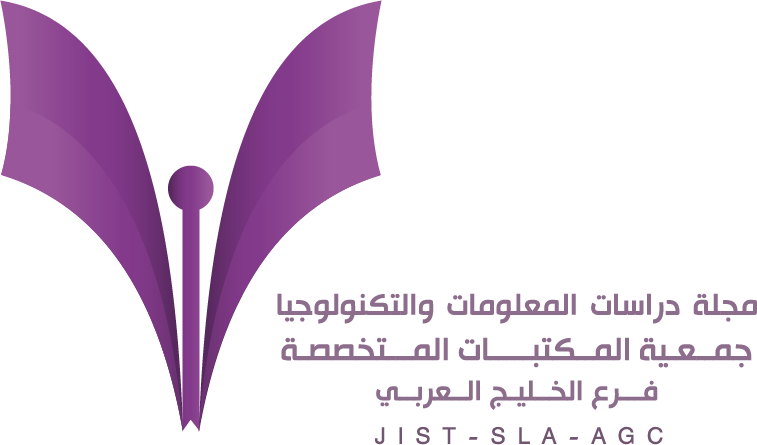-
oa Assessing the digital information literacy of patients during COVID-19 pandemic: Al-Razi Hospital, Kuwait
- Source: Journal of Information Studies & Technology (JIS&T), Volume 2023, Issue 2, Sep 2023,
-
- 27 June 2023
- 17 August 2023
- 30 September 2023
Abstract
People have displayed an overuse of online platforms such as social media to seek information about COVID–19, in which there are misleading information and enormous infodemics on the Internet. This study aims to investigate hospital patients' digital health information literacy during the COVID–19 pandemic. The study followed a quantitative approach. A paper-based questionnaire was distributed to a sample of patients at Al-Razi hospital in Kuwait. The questionnaire consisted of three main sections: dimension of digital health information literacy, online information sources used by participants to search for COVID–19 information, and key topics searched during the pandemic. The target population comprised of regular patients at Al-Razi Hospital, aged 18 to 60. A total of 136 responses were collected. The study found that the most pronounced particulars in digital health information literacy assessed the salience of online content, searching for information on COVID–19, and inputting self-generated data. Search engines, social media, and the websites of public bodies were the most used sources for information on COVID–19 and related issues. The main topics that the respondents searched for included COVID–19 symptoms, its transmission, and current spread. This study shows that the overall level of health information literacy is good. However, it is essential to improve patients' digital health information literacy by using tailored interventions. These interventions can improve the quality of health information circulated online, implement fact-checking techniques on social media, and educate those who produce, supply, and provide health information and services digitally.



